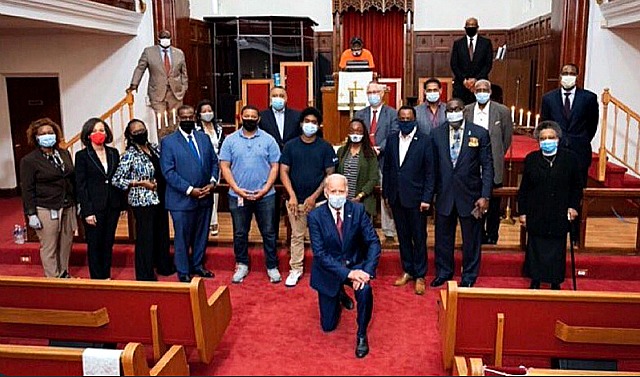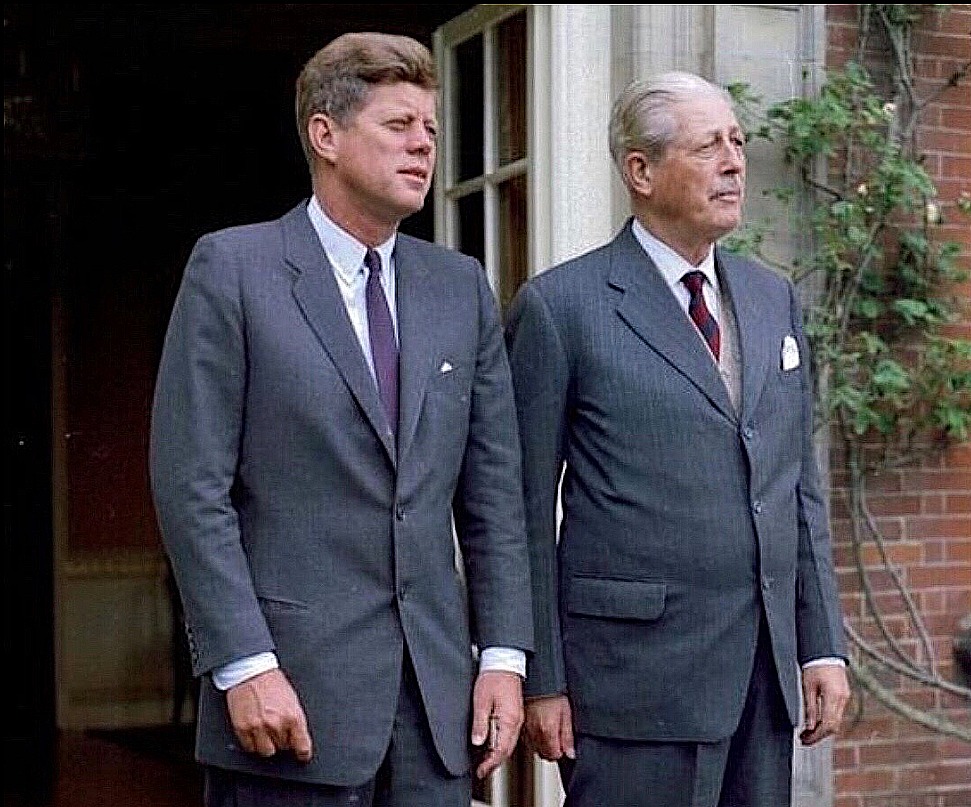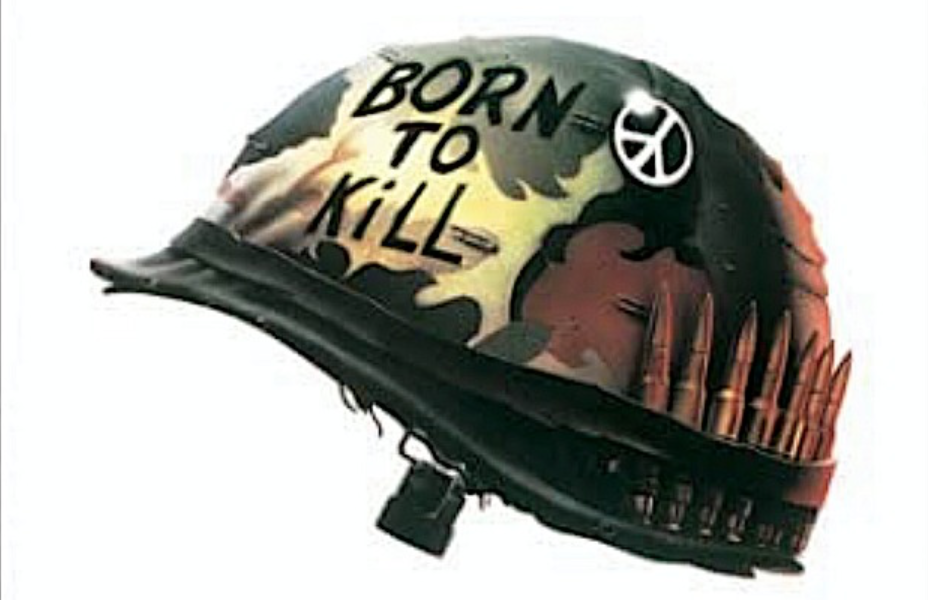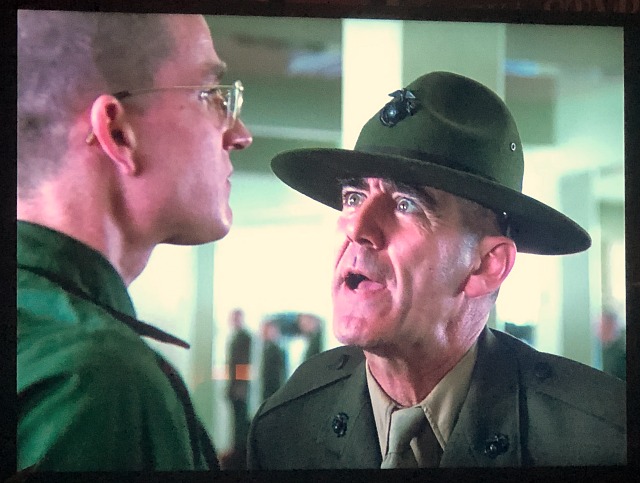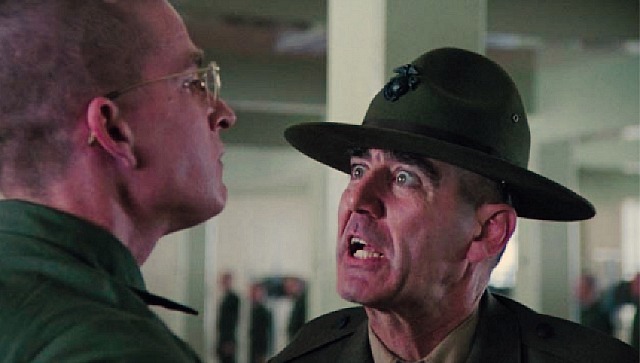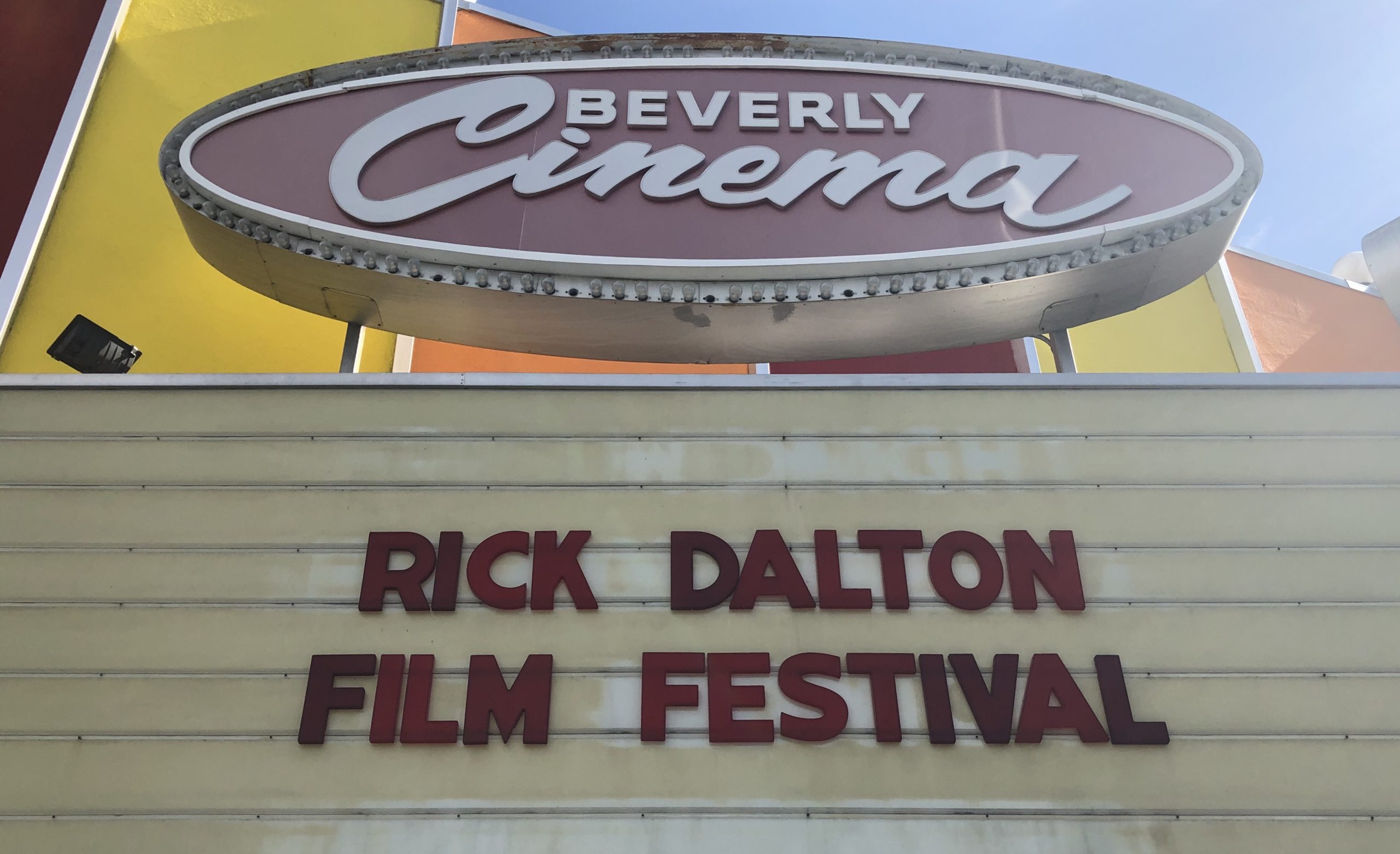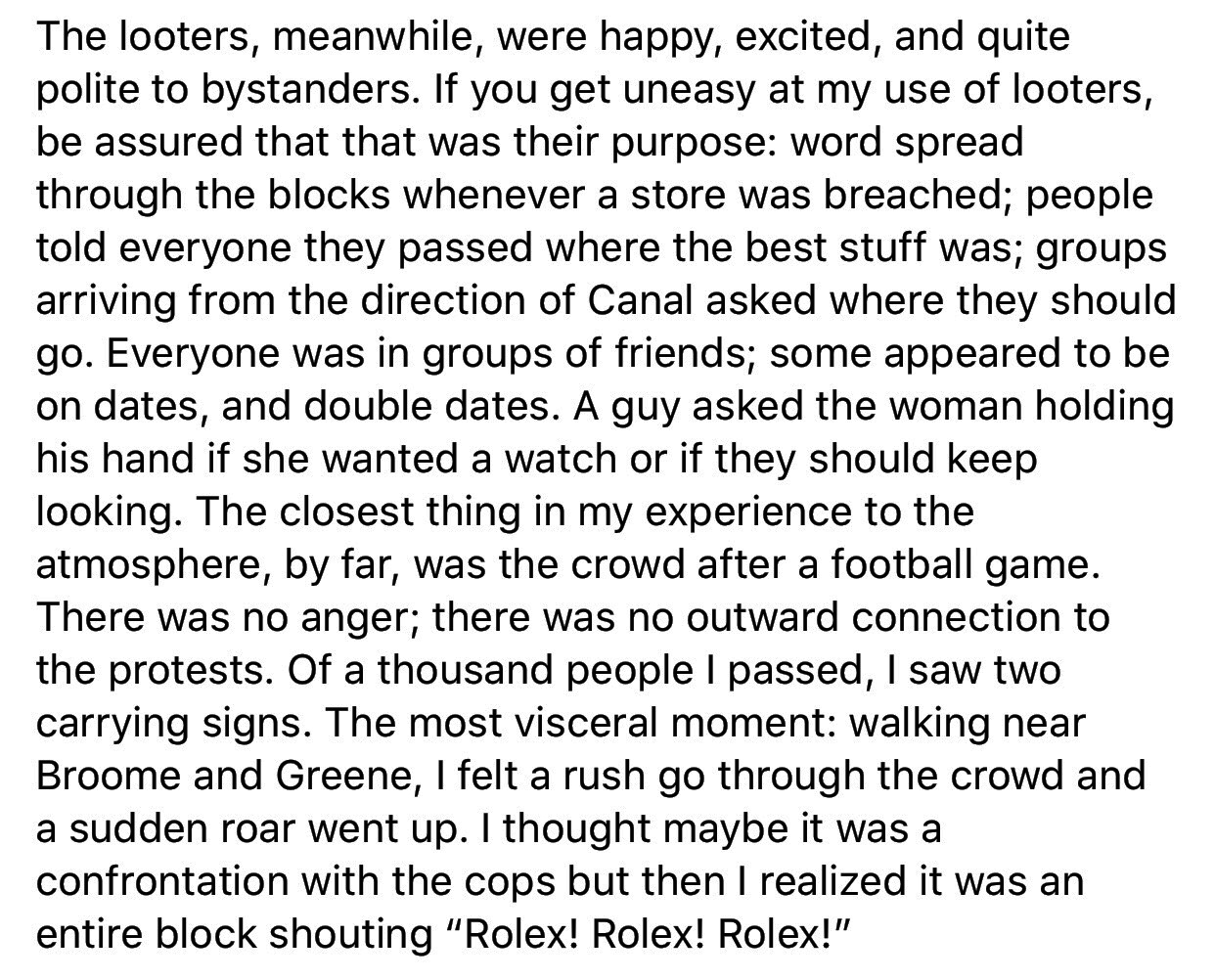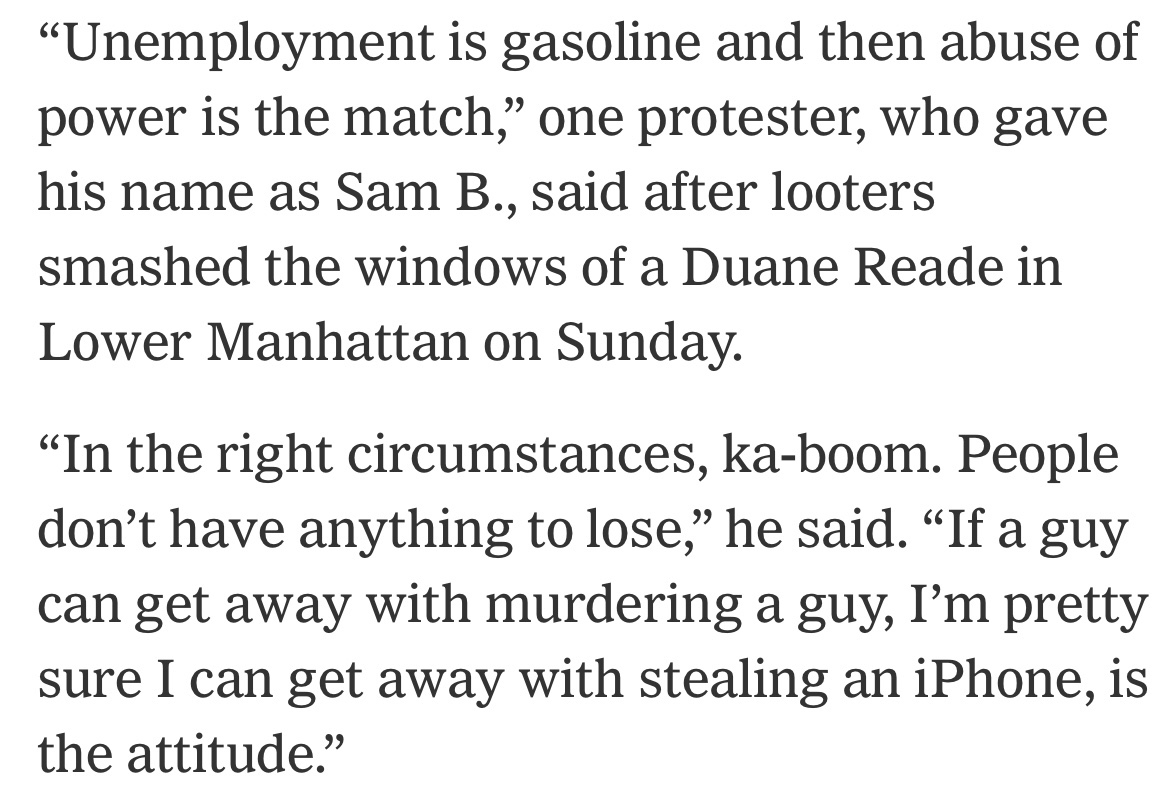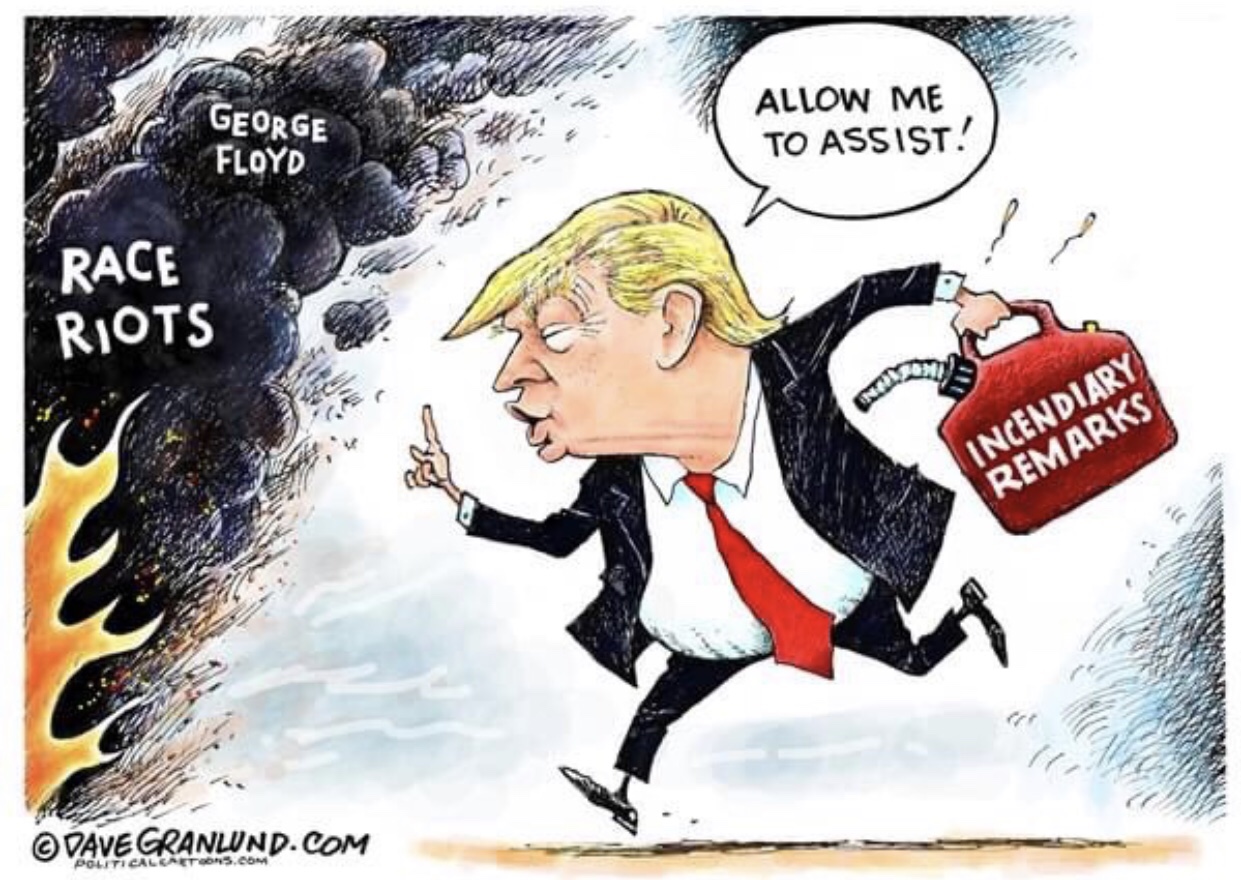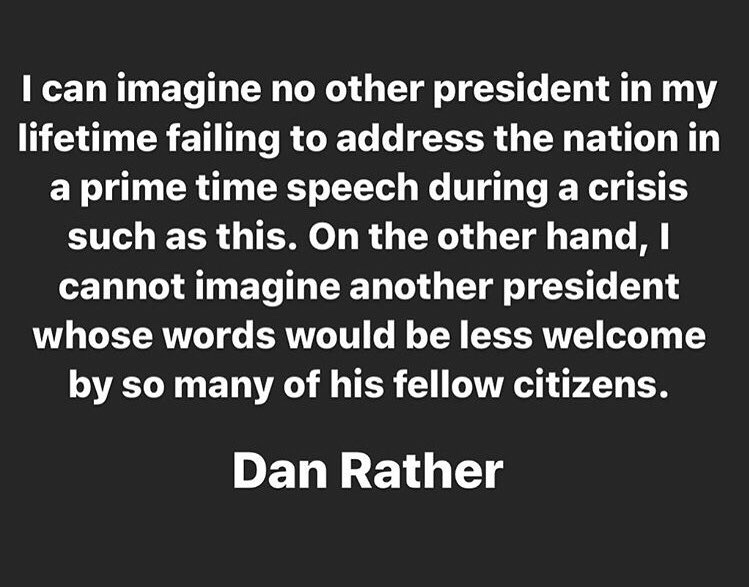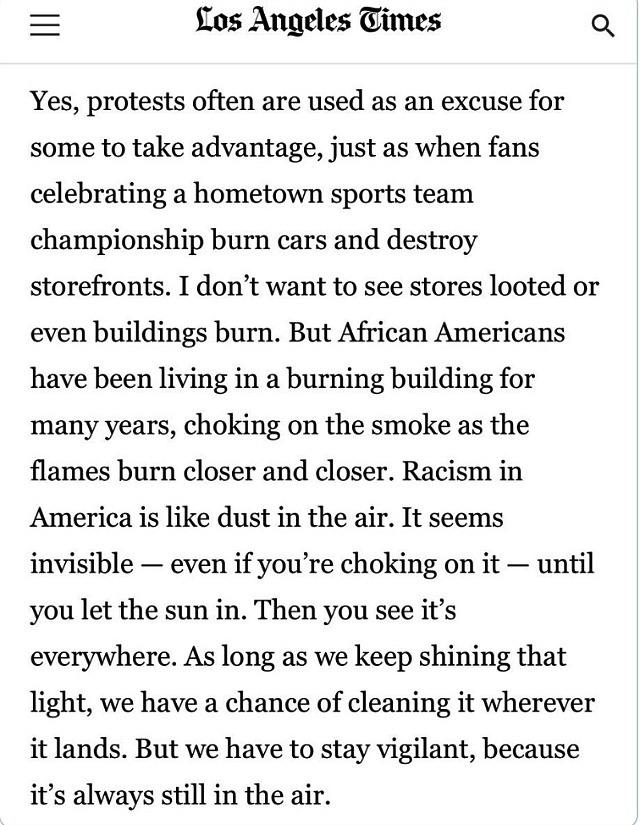Posted on Facebook by Rod Lurie, around 9:30 am (Tuesday, 6.2): “It was a good speech, Joe. Eloquent and even presidential. On any other day I would say it was perfect. But today? It was the opposite of what we needed to hear from you.
“What we need is blistering anger. We need to see the veins popping in your forehead. Donald Trump opened fire on innocent and peaceful protestors yesterday and this “Gentleman Joe” stuff isn’t gong to fucking cut it. Because we’re at war now — war against a tyrant, a would-be dictator, a leader who has learned more from Kim Jung Un than he has from Winston Churchill.
“You should not have buried the lede in that speech. You needed to come out — FIRST words out of your mouth, no ‘good morning’, no ‘I’m happy to be here’, but …
“‘Yesterday the President of the United States, the man who holds the same office as did George Washington and Abraham Lincoln, terrorized peaceful American citizens with tear gas and flash grenades and rubber bullets. You saw it, I saw it, we all saw this despicable dark moment in American history — and he did it for one reason’…and then, Joe, you should have held up that photo of Trump holding up a bible in front of that church…’So he could do this. THIS.’
“Then you should have taken a beat. Chilled for a second.
“‘Folks, I have been driven by my faith my whole life. I know a real Christian when I see one. And I know the fakes as well. And I know fake patriots: The charlatans who use the Lord and the flag as a prop. The men who order violence on other humans and then stand in front of a church holding a bible upside down as the cameras flash.’
“‘A year from now, unless we do the right thing, scenes like the ones we saw yesterday will simply become a way of life in or country — because that is what happens in fascist natio.
“‘Trump got the votes he did because he identified an anger in this country and tapped into it. Well, we are angry still. Angrier, even. And now it is time for YOU to tap into that. The difference is that you actually empathize with these real Americans. So damn man, show us…SHOW US.’
“Decency, Joe, doesn’t always have to be polite.”
HE side-comment: Every YouTube video of Biden’s speech, presumably sourced from the same pool camera, is out of focus. How hard would it have been for the person in charge to realize what was happening and go up to the camera and manually correct the focus?



